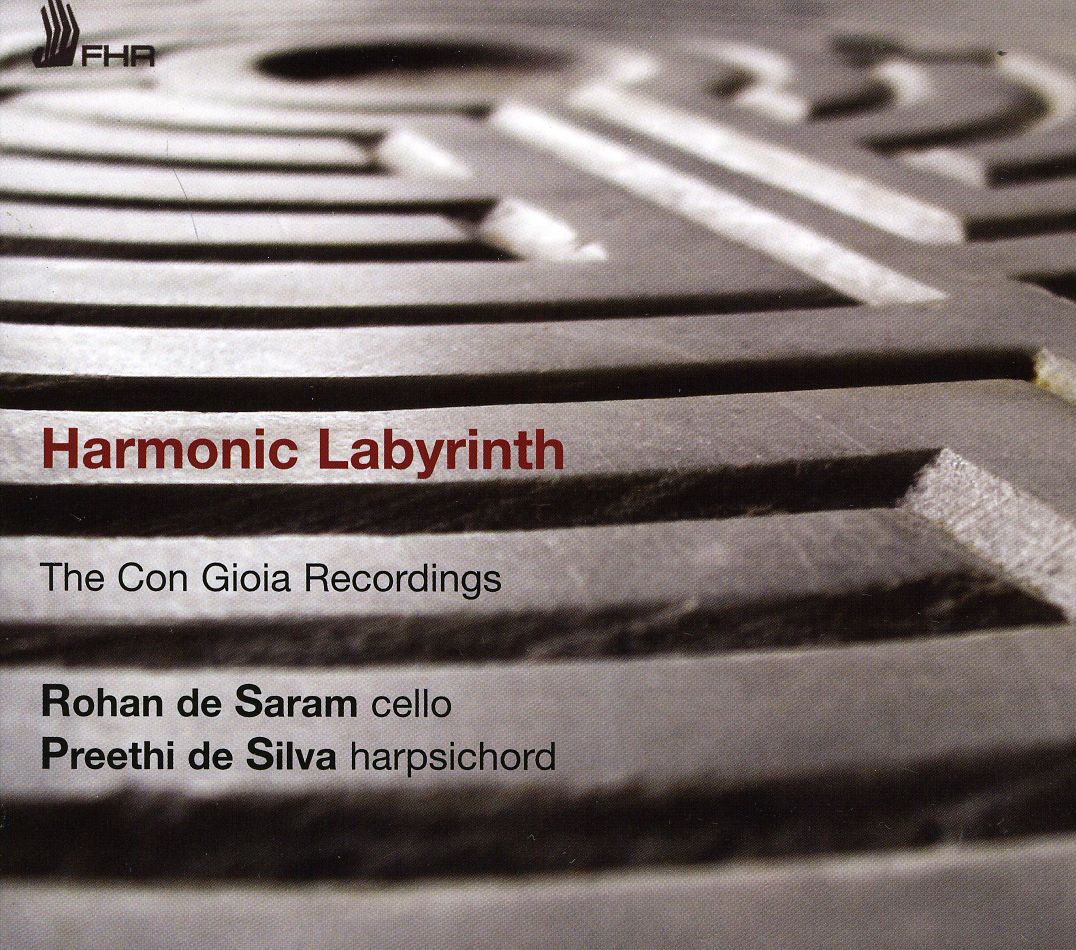
description
hitectural theory, but written as narrative, full of intriguing vignettes, such as the fact that in Ancient Rome windows were fitted with slices of marble because glass was so expensive. It's written in a very Japanese form: a series of mini essays that circle around a theme and is aimed at a highly literate audience.
Seventy-two related essays across four sections set out Kuma's rejection of the architecture of volume and mass that categorized the twentieth century in favor of a more ad hoc architecture that can be easily disassembled and, by drawing on tried and tested practices of the past, touch the earth more lightly.
member goods
No member items were found under this heading.
Return Policy
All sales are final
Shipping
No special shipping considerations available.
Shipping fees determined at checkout.







